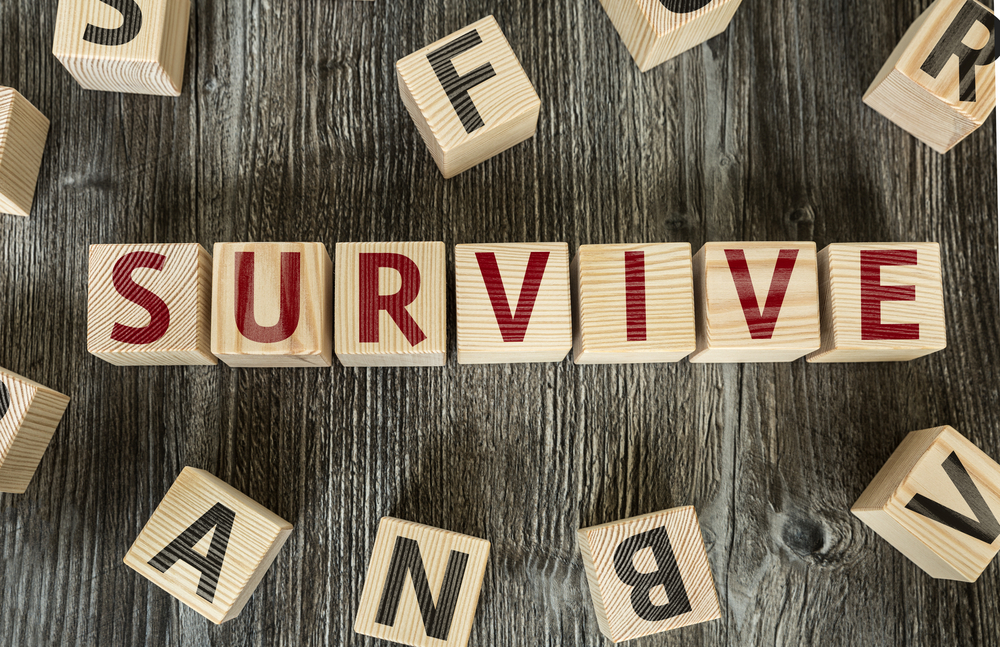Author’s note: This article discusses sexual assault and rape.
Sexual assault is getting more and more media coverage recently especially as politicians show more support for combating it by using legislation and raising awareness.
Now that information and stories about sexual assault survivors’ experiences have become more public, it’s easier to critically analyze what’s going on.
It may seem weird to focus on linguistics, but the way we describe sexual assault has an effect on our perceptions of it. We internalize the messages that we get from media and our interpersonal interactions, and it subconsciously influences how we communicate with others.
Some people exclusively use the term “survivor” over “victim,” and vice versa. Sexual assault prevention advocates, for example, make the most conscious decision to use “survivor” when talking about it. Well-known websites, such as the Rape, Abuse & Incest National Network (RAINN) use the terms interchangeably.
The words “survivor” and “victim” have very different connotations. Being a “victim” implies helplessness and pity, which might not adequately describe the experiences of some people who experience sexual assault. Experiences vary from person to person, after all. However, what’s so different about the term “survivor” is that it implies that people are able to take control of their own lives. “Surviving” conveys that the person is still fighting, whether through the judicial system in order to bring justice to the perpetrator, to gain awareness for the cause, or to learn to live after experiencing an assault. A “survivor” thrives in their environment.
There’s also a sense of mobility with the word “survivor.” Historically, people associate the term “victim” with being trapped, sometimes in reference to the cycle of domestic abuse. Using “survivor” implies progression over stagnancy, and many choose it because it serves as a term of empowerment. “Victim”-izing someone morphs their identity into simply being a victim.
At the same time, in the eyes of the law, sexual assault and rape are crimes, which would make someone who experiences either a “victim.” Someone who works in law enforcement and deals with crime is prone to use “victim” because that’s the nature of such work. Changing times indicate that it’s more common to use the two interchangeably, and probably most precise to do so. Why? People are not either “survivors” or “victims” because it’s equally possible to be both, depending on the context of the experience.
Empowering yourself in the context of a traumatic and life-changing experience is definitely not as easy as making a linguistic switch. However, making this vocabulary switch can impact the healing process in a positive way for some.
It’s important to be cognizant about when we use “victim” over “survivor” because of the impact our words can have on those we are referring to. If we’re accidentally imposing our views of what we think a victim or survivor of sexual assault should look like onto them, then it’s time to reconsider our language and how we think about it.




comments